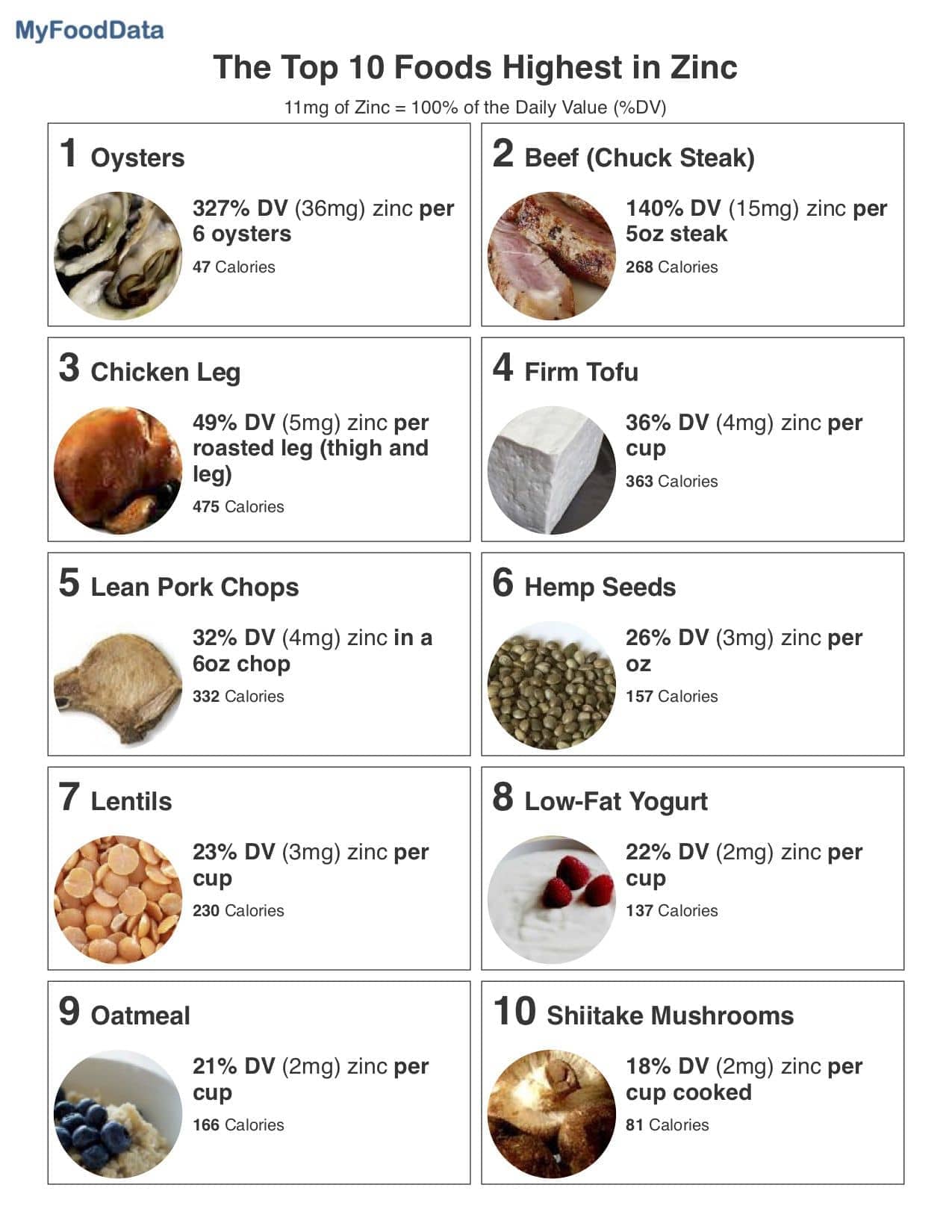
Shellfish in general are a great source of chromium.

These eight foods offer healthy sources of chromium: Processed meats like deli ham and bacon are also high in chromium, but research shows high processed meat consumption can increase your risk of chronic diseases. Because the mineral comes from soil, it’s in most vegetables, fruits, and whole grains along with grain or grass-fed meats. It’s easy to get enough chromium through a well-balanced diet. While more research is needed, maintaining adequate chromium levels may help your body regulate cholesterol and triglyceride levels. Over time, this artery plaque can lead to heart disease and stroke. Several studies show a correlation between low chromium intake and high cholesterol and triglycerides levels, fats in our blood that can build up inside artery walls. Studies associate low chromium levels with an increased risk of heart attack - and the lower the level, the higher that risk becomes. Studies have also found that chromium deficiency is linked with a higher risk of diabetes, though it’s still uncertain whether chromium supplementation could treat existing diabetes.Ĭhromium’s effect on blood sugar may lower your heart disease risk. Additionally, scientists believe that chromium enhances the effects of insulin and may help improve blood sugar levels. Research shows that chromium reduces insulin resistance, a condition that causes your body to respond poorly to the naturally-occurring hormone insulin. Scientists believe that chromium may offer health benefits, including: The recommended amount for daily chromium intake is 35 micrograms for men and 25 micrograms for women. Scientists don’t completely understand chromium’s effects in our bodies, but studies associate deficiencies with several health problems such as heart disease and diabetes. While this research is ongoing, it suggests that getting enough chromium is a vital part of a balanced diet. Scientists continue to study chromium to understand its health benefits and determine if supplementation could help treat certain conditions. Studies show that chromium plays an important role in blood sugar regulation, brain function, and breaking down fats and carbohydrates. It’s an essential mineral that we must get from our diets, though our bodies only require small amounts. If symptoms persist, seek advice from your healthcare professional.Chromium is a trace element found in many kinds of food. In this case, you may benefit from a regular chromium supplement. Pregnancy, infection, stress and even strenuous exercise can also contribute to low chromium levels.


Although your body needs just a small amount, only a fraction of the chromium in our diet is absorbed. As the refining process removes crucial chromium from grains, choose unrefined wholegrains where possible.Įating mainly processed foods, refined carbohydrates, or simply living in an environment where levels in the food chain are low could mean you lack sufficient chromium. Good sources of chromium include brewer’s yeast, oysters, liver, potatoes, seafood, wholegrains, cheese, meat and bran. It can also help battle irritability and fatigue, because it helps the cells in the body to meet your energy needs more effectively.Ĭhromium also has the ability to help maintain healthy cholesterol levels for heart health. It can also support the body’s natural blood glucose stabiliser. Why your body needs chromiumĬhromium can help to regulate glucose levels. It can also be useful in maintaining cholesterol balance. Chromium is a trace mineral that’s particularly important in maintaining steady blood glucose (blood sugar) levels.


 0 kommentar(er)
0 kommentar(er)
